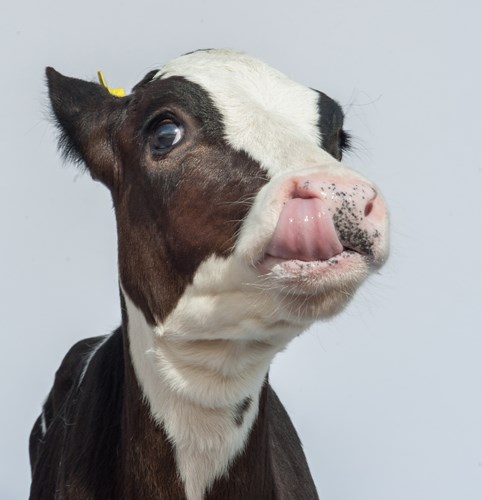
Key Information
CPD Hours: 8 hours
Course Length: One day
Course Format: Lectures and interactive discussion
Enrol Now
This course may run again in the future. To register your interest please contact us.
Alternatively you can download and email using our Registration Form
Course Information
- Influencing late foetal development
- Calving management
- Colostrum – a real polyjuice!
- Modern concepts of immunisation – where do we stand?
- Immunomodulation – opportunities and limitations
- Risk factors for diarrhoea and bovine respiratory disease
- Judicious use of antimicrobials
- What makes for good welfare? Separating fact from fiction
- Impact of calf development on the adult cow
- Nutrition – macro-nutrients to trace elements
Are you working in farm and mixed practice and want to improve the performance of your clients’ herds? Are you faced with the re-occurring problems of sick and unthrifty calves? Want some tips and tricks to help regardless of whether you are a new graduate or an advanced practitioner?
This course will provide you with the latest evidence on optimal calf rearing strategies, starting with management of the transition cow through birth and weaning until 6 months of age. The course format includes comprehensive notes with diagrams, which will be useful in practice. Illustrated lectures will include plenty of time for questions and discussion. All lectures will include examples/case studies to consolidate information and help you apply it.
Why do this course?
• To understand how the vital transition period can affect the calf
• To revise the role of colostrum
• To obtain the latest information on immune responses and vaccination
• To understand how pre-weaned calf nutrition affects health and future performance
• To consider welfare aspects affecting calf management
This course is being held at Kingston Maurward in Devon.
Peter Plate, Dr.med.vet DipECBHM FHEA MRCVS
Lecturer in Livestock Veterinary Extension Services
The Royal Veterinary College
Dirk Werling, Dr.med.vet PhD MRCVS
Professor of Molecular Immunology
The Royal Veterinary College

